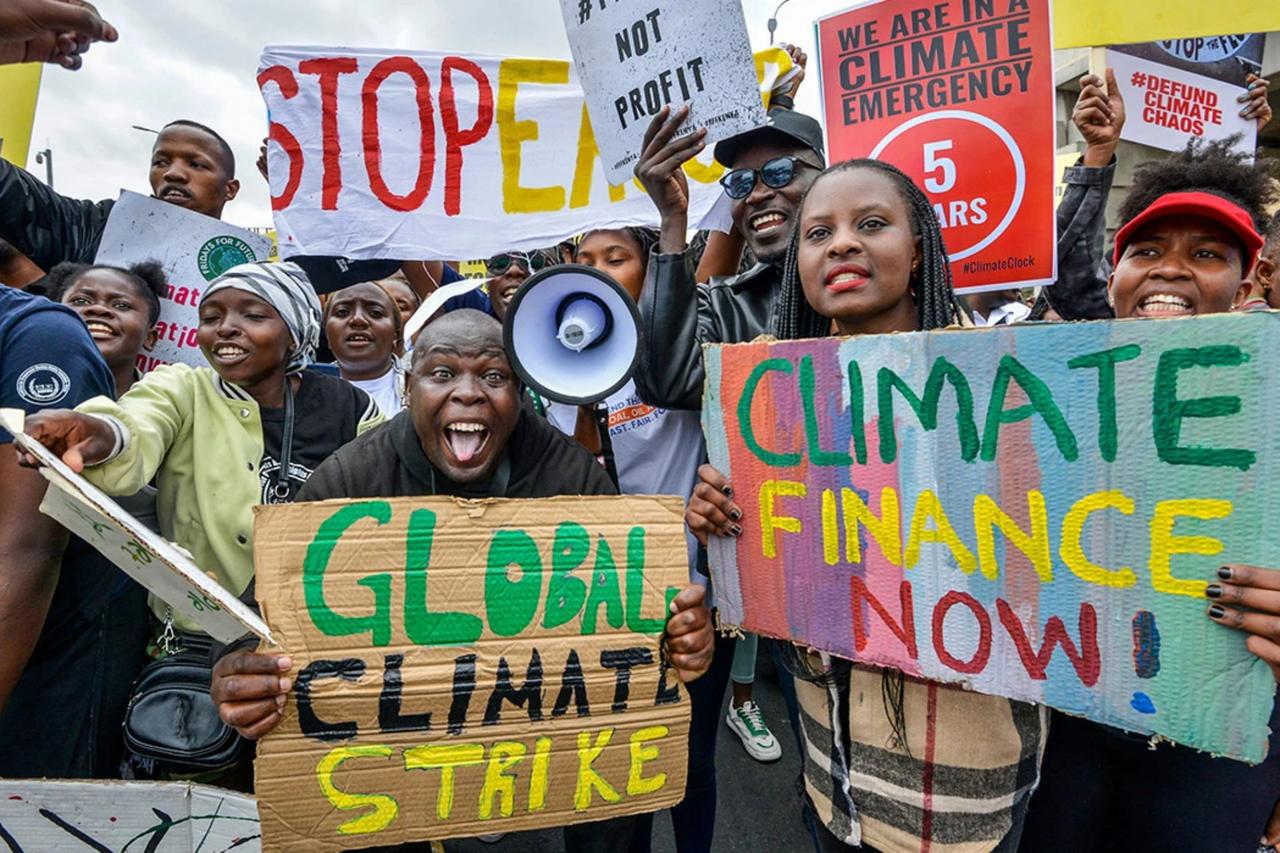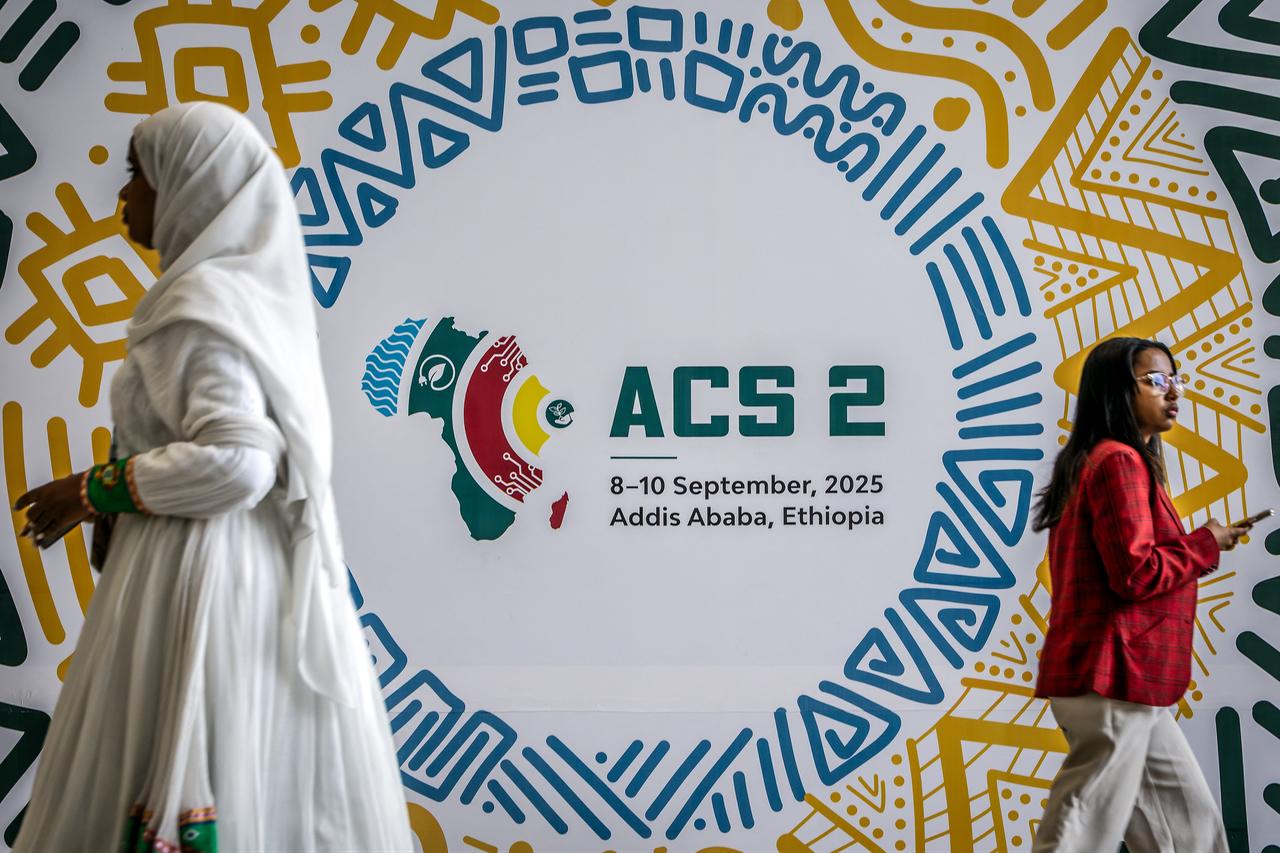
Africa produces less than 5% of global greenhouse gas emissions but continues to shoulder what one climatologist described as “the highest price” for climate change. This message dominated the Second Africa Climate Summit, held in Addis Ababa from Sept. 8-10, where leaders, experts and activists pressed for concrete action rather than symbolic commitments.
Delegates at the summit emphasized that Africa, as one of the most vulnerable regions to global warming, must play a central role in shaping climate policies. Kiber Zelalem, a horticulture lecturer attending the summit, said Africa should be recognized not only as a victim of climate change but also as an agenda setter.
“A victim needs compensation, not charity. The global north should take responsibility for the damage caused by climate change, and leadership should be given to Africa in this regard,” he stressed.
The summit brought together heads of state, regional blocs, civil society organizations and business leaders. Discussions centred on investment-led solutions, predictable financing, and stronger mechanisms for adaptation and resilience.
Mahmoud Ali Youssouf, chair of the African Union Commission, called for fairness in the distribution of international funding, insisting that climate finance must be “fair, significant, and predictable.”
Paulino Omoj Omay, a climatologist at the Intergovernmental Authority on Development (IGAD) Climate Prediction and Application Center, echoed this point. “Climate finance is not charity, it is Africa’s right,” he said, noting that despite billions of dollars pledged annually, most of the commitments remain unfulfilled. He argued that African governments must also show political will by prioritizing climate action in their own budgets rather than allocating far more to defense while environment ministries are left struggling.
Omay further stressed that Africa’s bargaining power rests on unity. “If Africa is not united and not present at key platforms like the U.N. Security Council, our voice will not be heard,” he said, urging the African Union and regional blocs to work together to project a single voice on climate matters.

Ethiopia, the host of this year’s summit, used the occasion to showcase its Green Legacy project, a vast tree-planting campaign, alongside renewable energy initiatives. Officials also announced plans to submit a bid to host COP32 in 2027, underlining the country’s ambition to strengthen its role in global climate governance.
At the same time, participants warned that limited funding and shifting global attention threaten progress. They pointed to recent U.S. aid cuts and Europe’s focus on conflicts in Ukraine and Palestine as examples of issues drawing resources and attention away from African climate priorities.
Civil society groups and local nongovernmental organizations (NGOs) voiced concern that symbolic promises are no longer enough, especially as they struggle to sustain adaptation and resilience programmes with shrinking budgets. They called for enforceable finance mechanisms, stronger domestic commitments, and a united African front that can translate summit rhetoric into real results for communities facing floods, droughts and food insecurity.
“The dictation must stop from the global north,” Zelalem said. “Step back and give a genuine lead for African solutions.”